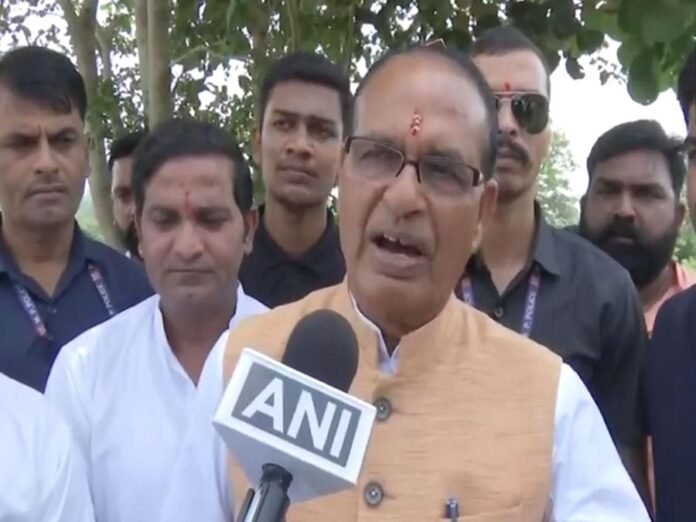India’s Agriculture Minister Shivraj Singh Chouhan announced a new dedicated team inside the Indian Council of Agricultural Research (ICAR) to boost sugarcane research and tackle key challenges in the sector. He shared this update during a national discussion on the sugarcane economy, hosted by Rural Voice, the National Federation of Cooperative Sugar Factories, and ICAR.
Chouhan zeroed in on India’s sugarcane policy as the team’s main focus. He pointed out that popular sugarcane variety 238 offers strong sugar content, but it struggles against red rot disease. “We need to develop alternatives right away,” he said, adding that new sugarcane varieties often bring fresh disease risks, making disease control a top priority for farmers.
The minister also warned about the downsides of monocropping sugarcane, which drains soil nutrients and limits nitrogen fixation. He suggested exploring intercropping options carefully to avoid more problems. Overall, Chouhan called for smarter approaches to ramp up sugarcane production, introduce more mechanization, cut costs, and improve sugar recovery rates.
Water use stands out as a major issue in sugarcane farming. Chouhan pushed for strategies under the “per drop, more crop” principle to lower water needs. He acknowledged that drip irrigation saves water but comes with high upfront costs that burden farmers. On top of that, he highlighted the potential of bioproducts from sugarcane, like ethanol and molasses, and urged innovation in new value-added items to boost farmers’ profits. Natural farming, he added, could help cut reliance on chemical fertilizers.
Farmers face real frustrations with delayed payments from sugar mills, Chouhan noted. While mills deal with their own struggles, these delays hit farmers hard. He also addressed the growing shortage of agricultural labor for sugarcane harvesting, recommending training programs, skill-building, and mechanization innovations to make the work easier.
“I urge ICAR to set up this separate team for sugarcane research that tackles real-world issues,” Chouhan said. “Research should help both farmers and the industry—anything less is pointless.”
At the event, ICAR Director General and DARE Secretary Dr. ML Jat outlined four focus areas for sugarcane research: setting clear priorities, spotting development hurdles to drive progress, solving industry challenges, and suggesting policy changes to support the sector.
Sugarcane guzzles a lot of water and fertilizers, Jat explained. To fight water scarcity, ICAR has studied micro-irrigation techniques, like those thriving in Maharashtra. He stressed improving fertilizer efficiency too, since current methods waste too much. Diversifying away from monocropping is key, Jat said—pairing sugarcane with pulses and oilseeds could lift productivity, raise farmers’ incomes, and build a more sustainable system.
Dr. Devendra Kumar Yadav, ICAR’s Deputy Director General for Crop Science, dove into variety 238 details. Farmers loved it at first, but it encouraged monocropping. Alternatives exist, he said, but new sugarcane varieties need about three years of testing for disease and pest resistance, plus yield checks. Analyzing yield gaps in crops like sugarcane is crucial, and Yadav promised to review the seminar’s ideas to ease farmers’ worries.
In a related push, the Indian Sugar & Bio-Energy Manufacturers Association (ISMA) called on the government to hike the minimum selling price (MSP) for sugar to at least Rs 40.2 per kilogram for the 2025-26 season. That’s about Rs 9 more than current levels, said ISMA Director General Deepak Ballani in a statement.
Stay informed on all the latest news, real-time breaking news updates, and follow all the important headlines in world News on Latest NewsX. Follow us on social media Facebook, Twitter(X), Gettr and subscribe our Youtube Channel.



